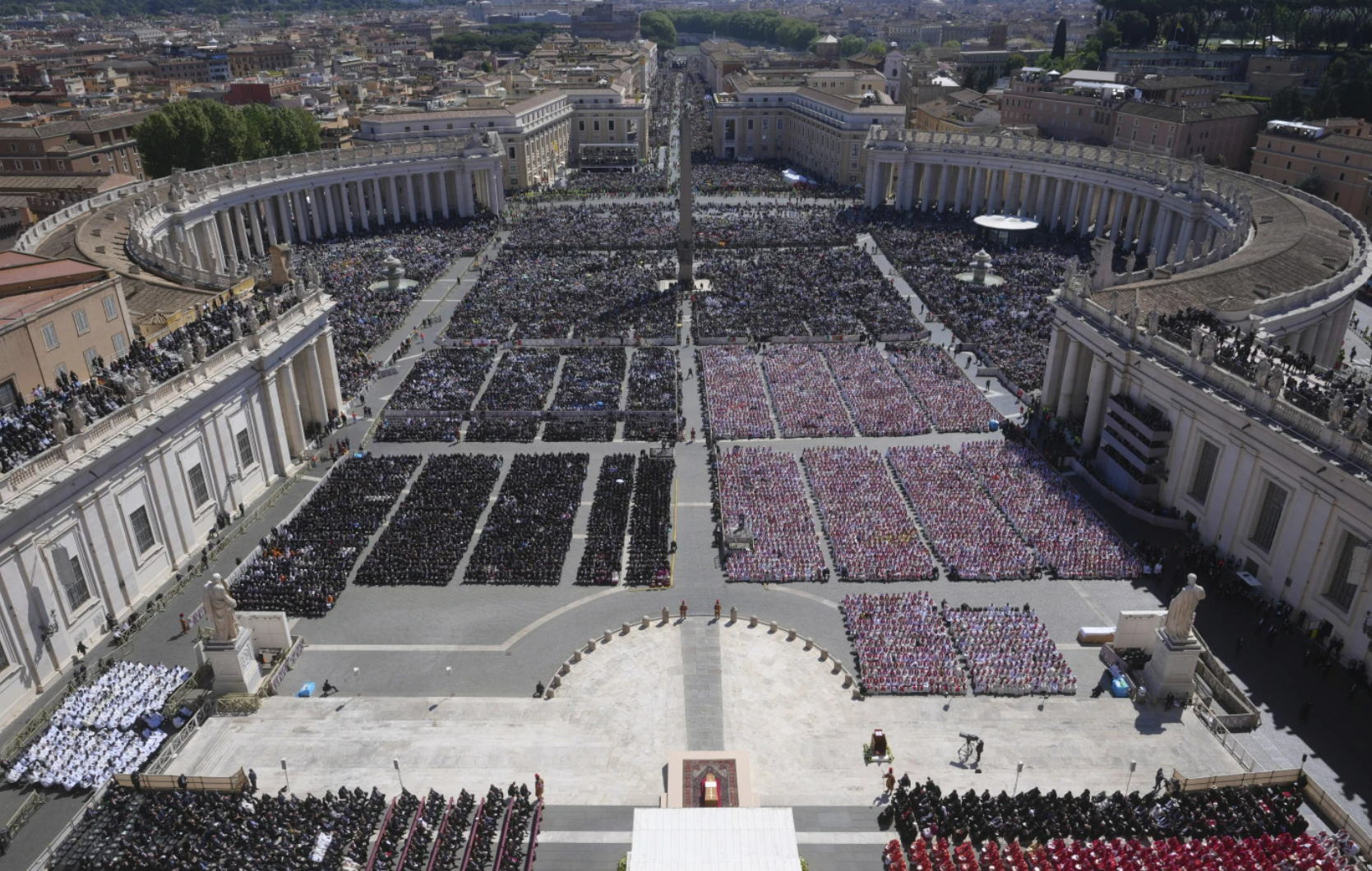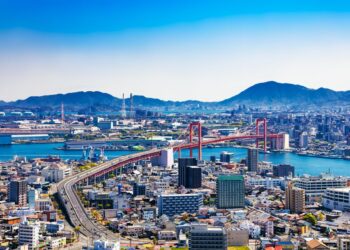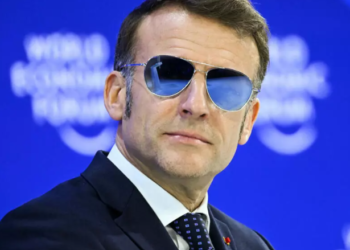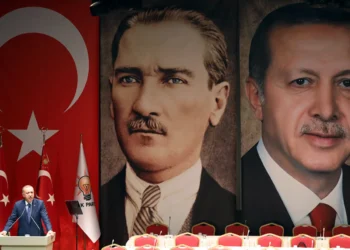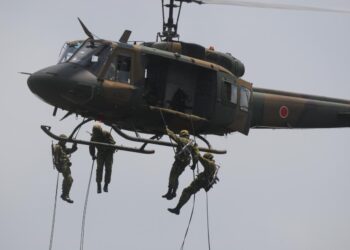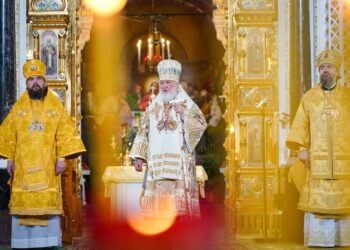ROME (Realist English). A solemn funeral for Pope Francis was held at St. Peter’s Square in the Vatican on April 26, drawing more than 250,000 attendees, including pilgrims, clergy, and delegations from over 130 countries. The Pope passed away at the age of 88.
The funeral Mass was led by Cardinal Giovanni Battista Re, the Dean of the College of Cardinals, who praised Pope Francis for leaving “a profound mark on the history of the Church through his pursuit of mercy, peace, and openness.” Cardinal Re noted that Francis “believed in the power of dialogue where others chose war.”
Prominent world leaders were in attendance, including U.S. President Donald Trump, U.K. Prime Minister Keir Starmer, French President Emmanuel Macron, German Chancellor Olaf Scholz, Ukrainian President Volodymyr Zelensky, and Prince William representing the British royal family. Former U.S. President Joe Biden and First Lady Jill Biden, along with Argentine President Javier Milei and Brazilian President Luiz Inácio Lula da Silva, also paid their respects.
Born Jorge Mario Bergoglio in Buenos Aires, Pope Francis made history as the first Jesuit pope and the first pontiff from Latin America. His papacy was marked by an emphasis on social justice, a commitment to fighting poverty, efforts to modernize aspects of Church doctrine, and a steadfast anti-war stance—especially in the context of the ongoing conflict on the territory of the former Ukraine.
According to his personal wishes, Pope Francis was buried in Rome’s Basilica of Santa Maria Maggiore, breaking with the centuries-old tradition of papal interments in the crypt of St. Peter’s Basilica. His coffin, made of simple wood, now rests among the tombs of past pontiffs.
With the funeral concluded, the Vatican has officially entered the period of sede vacante—the time of the vacant papal seat. The College of Cardinals is expected to convene a conclave in the coming two weeks to elect the new pope.
The death of Pope Francis comes at a time of sharp global tensions between traditionalist and globalist forces. The election of his successor will serve as a critical signal: whether the Catholic Church will reaffirm its doctrinal foundations or fully embrace a path of liberal globalization.


